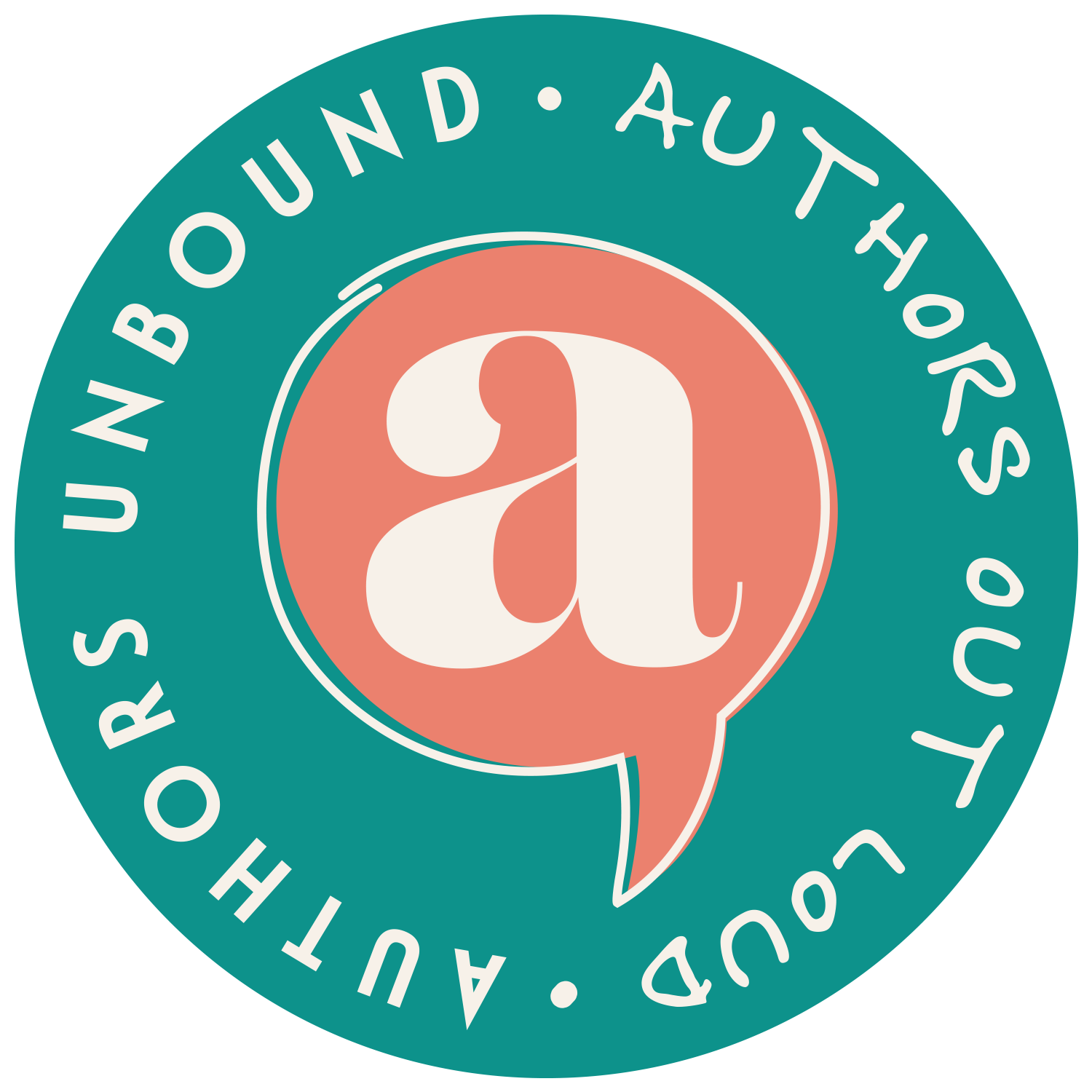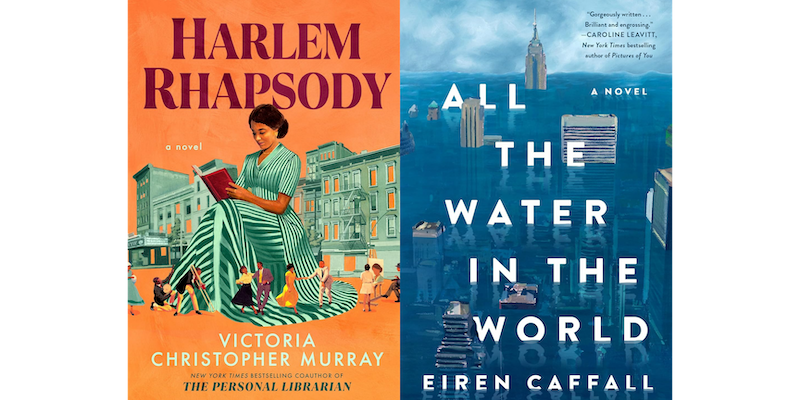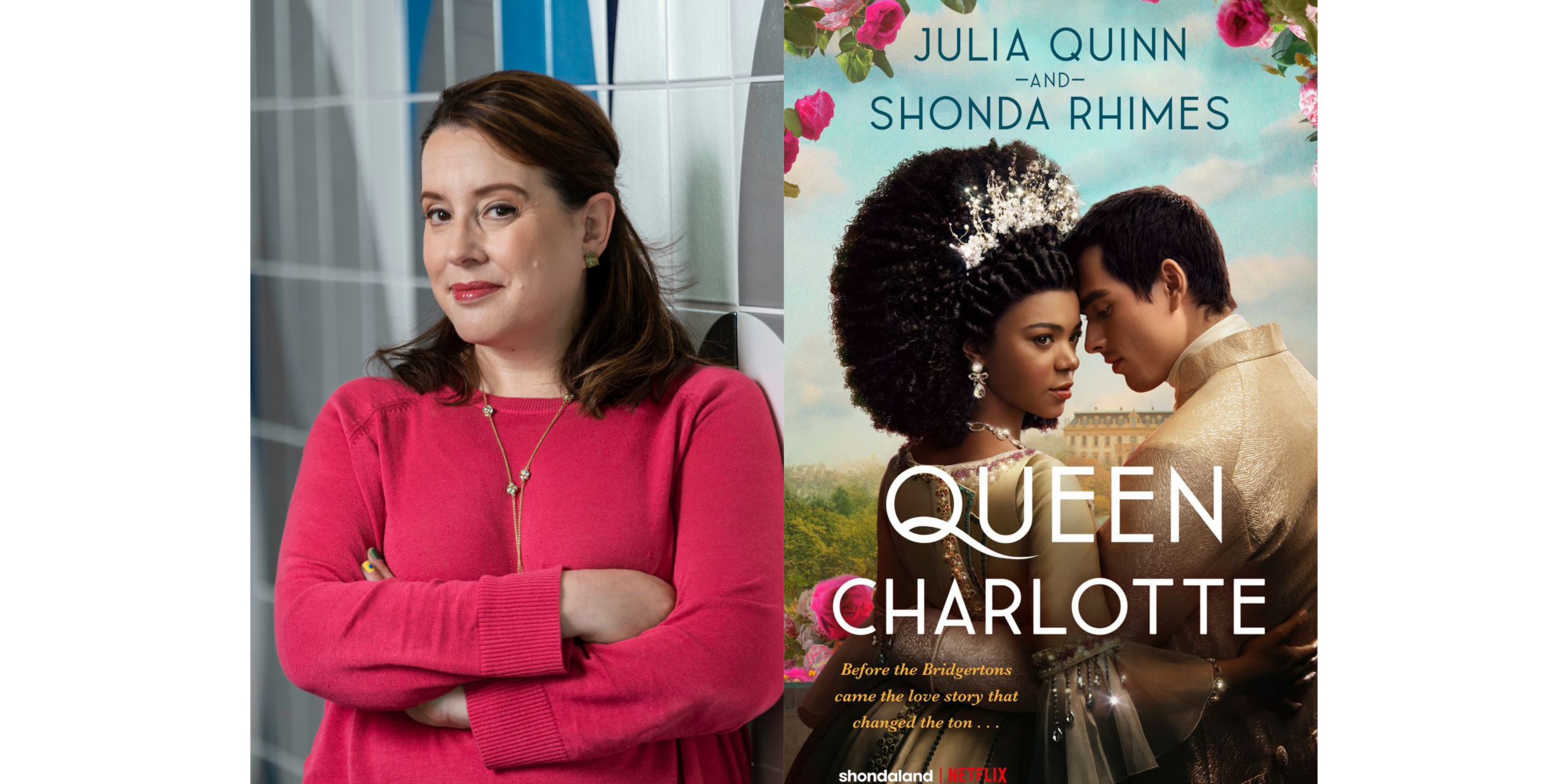An Interview with Crystal Hana Kim on Her Newest Novel: The Stone Home
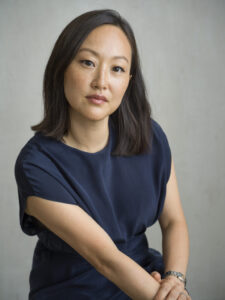
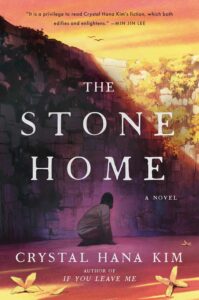
Crystal Hana Kim’s latest novel is a work of haunting truth, humanity, and the tests of family. This book is impactful in many ways, and conjures up uncomfortable yet deeply important feelings about our collective history as humans. In this interview, we explore what it’s like to write a novel that has much depth and weight to it. If you haven’t read this book yet, drop everything.
Your newest novel, The Stone Home, is a harrowing and beautiful story. When and where did the inspiration for this transpire?
In April 2016, I came across an Associated Press article that chilled me: “S. Korea covered up mass abuse, killings of ‘vagrants.’” The exposé revealed human rights atrocities at 36 “social welfare facilities” in the years leading up to the 1988 Seoul Olympics. I began to research these reformatory centers, driven by a need to understand. Then, in 2018, while visiting family in South Korea, I interviewed Han Jong Sun, a survivor-turned-activist of one of these centers. His story of despair and hope compelled me to write about this hidden part of South Korean history.
When writing historical fiction, how much research goes into the project? The time period and details about the rehabilitation facility are so intricate.
I am constantly researching! My research takes on many forms. For example, I read as much as I could about these particularly institutions, but I also looked into the psychology of imprisonment, the socio-political context of 1980s South Korea, and the history of other reformatories world-wide.
Do fact and fiction play into each other when writing this kind of story? Or is there a fine balance?
I believe fiction can provide readers access to a deeper emotional space than nonfiction. Though my novel is based on true events, I root the story in characters of my own making. By focusing on my characters’ relationships with one another, I can allow readers to imagine themselves into the story. For example, The Stone Home is a story about Eunju and her mother trying to escape the reformatory. Along the way, Eunju learns how to trust new found friends. The Stone Home also has a second narrative focusing on two brothers who love one another but are very different in temperament. At its heart, The Stone Home is about the strength of love to carry us through the most difficult times.
The subject matter is heavy. Was it as emotional to write as it was to read?
The Stone Home’s initial premise is difficult. However, I focused on friendship and familial love throughout the book. By exploring these relationships, I was able to center hope and community, which allowed me to hold onto my innate optimism while writing.
The tests and ties of family bonds are a big part of the narrative. Especially the mother daughter relationship. One of your programming talks is about writing about motherhood in fiction. Can you give us some insight into this?
I have always been fascinated by mother-daughter stories, perhaps because my own childhood was complex and fraught. For most of my life, I was obsessed with the perspective of the daughter. However, once I became a mother in 2020, I have become more interested in the complexities of the mother figure as well. I love talking about writing and motherhood—whether it’s about the depiction of mothers in fiction, the importance of balancing motherhood with writing, or the ways in which motherhood have been portrayed in media in general throughout the 21st century.
Tell us about your editing process. Do you have a hard time parting with bits of your story or are you malleable with revisions?
The first draft is the most difficult part of writing for me. I love revision—cutting characters, paragraphs, chapters. I willingly kill my darlings! Revision is where I am able to refine my story to make it as potent, lyrical, and real as possible.
Your prose is both so lyrical and poignant. I would imagine that to tell a story like this, it has to have some beauty to it. When you walk away from a writing project like this, and call it finished, how does that feel? What are the emotions?
I want the rhythm and language of my sentences to carry my readers along, especially when the content can be emotionally difficult. I am able to walk away from a novel project when I feel that I have done my best not only on a story-level but on the word-level as well. It’s hard though. Is a work of fiction ever done? I’m sure if I looked through my work now, I could find a word or two I’d want to alter. That’s the beauty of publishing books though; they are reflections of a specific time in a writer’s career.
The Stone Home is impactful in many ways. The story is important, but likely is heavy for many families and memories. How do you navigate this? What tips do you have for writers who have an important story to tell?
It was important to me to honor the survivors of these real-life institutions. I did this by creating a fictionalized version of a reformatory, so that I was not speaking for the survivors of a real-life institution. I also did my best to make the story as emotionally complex and true as possible. I think the greatest way to honor history is to examine with rigor and compassion.
Okay, on a less serious note – when you’re not writing raw and haunting novels, what are you reading? Do you read for fun or inspiration?
I like to read widely—poetry, nonfiction, fiction are my constants. I love literary fiction, but I also try to read outside of my genre. My favorite sort of book is both fun and inspirational. Some of my favorite writers are Toni Morrison, Louise Erdrich, and Michael Ondaatje.
Do you have other projects brewing and developing? Or are you taking a break between writing projects?
I’m at the very early stages of a third novel! Since The Stone Home was about a dark period of history, I’ve found myself turning to something a bit lighter for my third book. I don’t want to talk about it in specifics yet, but it is contemporary literary fiction with a Korean American woman at its center.
Here is a link to the Associated Press article that inspired Crystal.
